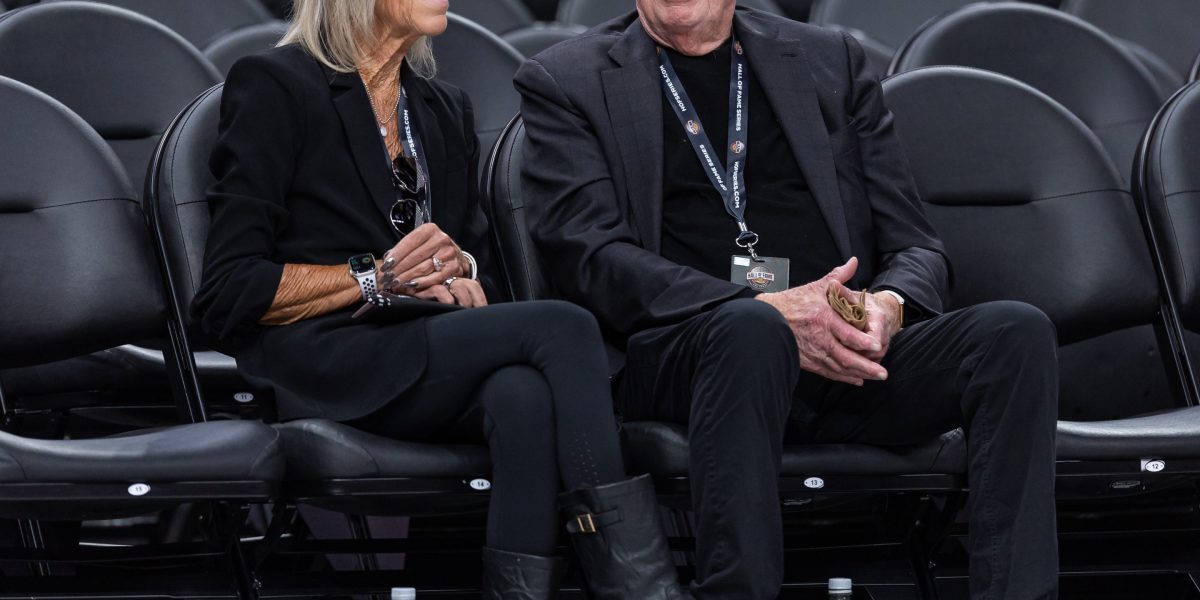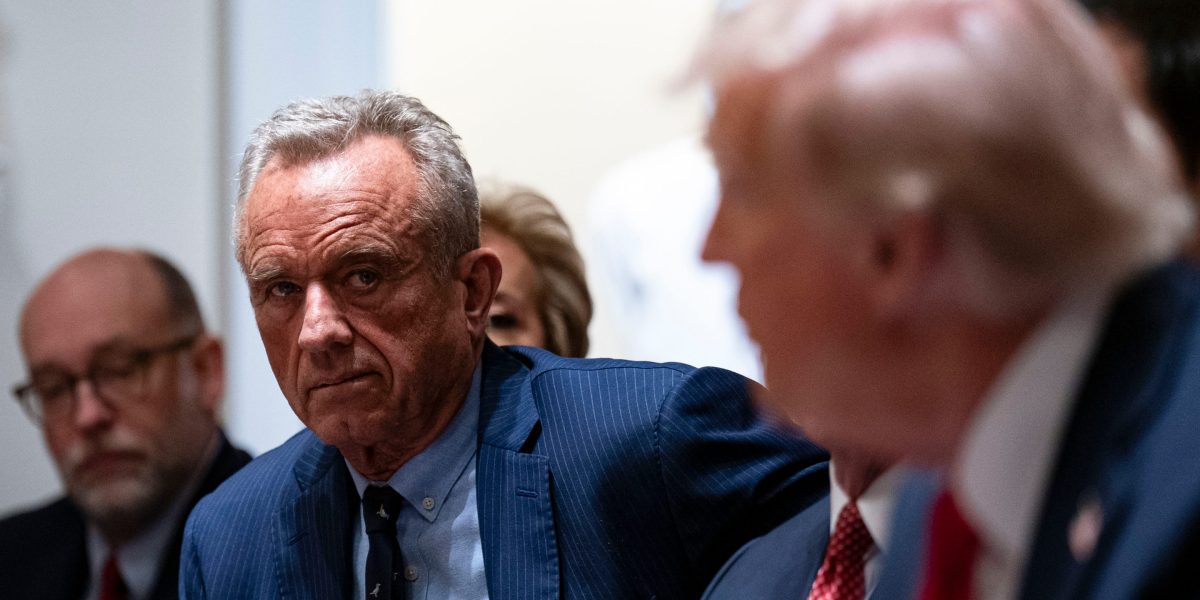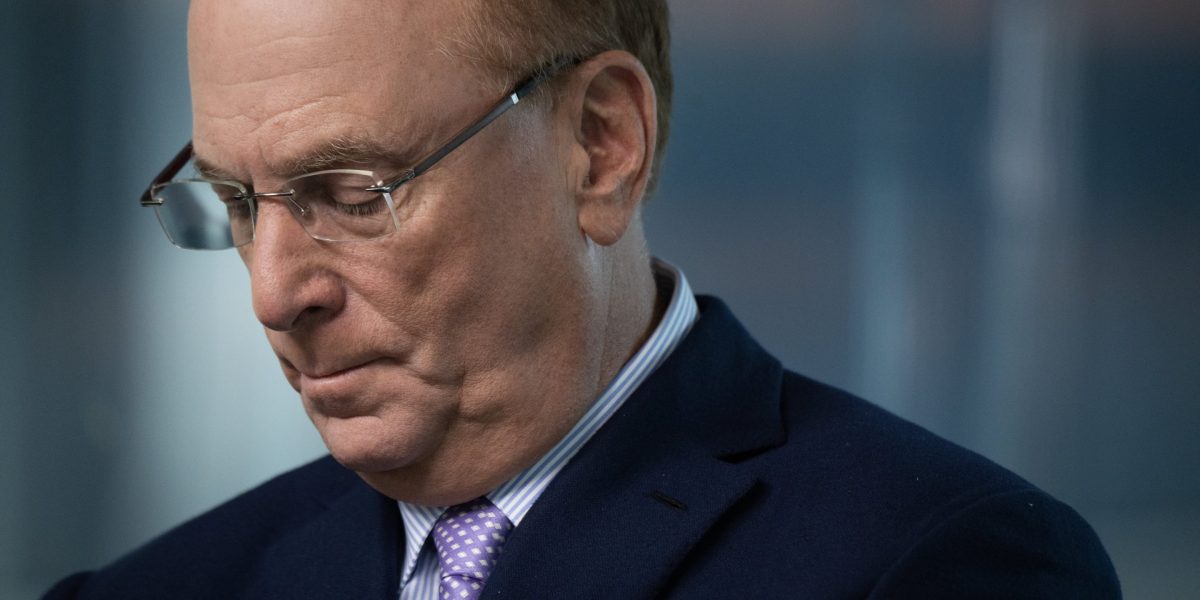- More than a dozen billionaires have made major donations to colleges that host the nation’s elite basketball programs. Among them are Nike’s founder, a Walmart heiress, and the owner of the Dallas Cowboys. Several of the powerhouse teams bankrolled by billionaires are favored to win in the first March Madness round starting Thursday.
Considering the sports entertainment industry is estimated to be worth $2 trillion, it’s no surprise America’s ultrawealthy are eager to throw money at the nation’s storied college athletics programs.
There is a healthy list of more than a dozen billionaires who are bankrolling the schools in this year’s March Madness tournament. Some of these high-net-worth individuals are household names, while others have amassed their fortunes away from the spotlight.
Some of the most recognizable names making major donations to March Madness schools include Nike founder Phil Knight, Walmart heir Nancy Walton Laurie, and Dallas Cowboys owner Jerry Jones. This trio alone is worth a whopping $62.2 billion.
But there are more than a dozen other high-profile CEOs and executives who have invested big bucks into March Madness schools, either because it’s their alma mater or they have a geographic or family connection to the team. And it pays to have a strong basketball team. In fiscal 2023, the NCAA reported a record $1.29 billion in revenue—largely from the survive-and-advance March Madness tournament. Plus, the tournament is expected to award hundreds of millions of dollars to participating schools.
Fortune has compiled a sampling of billionaire donors to schools participating in the March Madness tournament this year. Note, this list is not exhaustive.
Phil Knight
Knight was once a college athlete himself—a runner on the University of Oregon’s track team in the 1950s while he earned his bachelor’s degree in accounting. The 87-year-old Nike founder has shared his $33.5 billion fortune with his alma mater, making several major donations over the years to the school’s academic and athletic programs. In all, his donations to Oregon have totaled more than $1 billion.
Knight made two separate $500 million donations to Oregon for science-related academics and in 2007 he and his wife announced a $100 million gift to found the UO Athletics Legacy Fund to help support all athletic programs at the university.
Oregon will face off with Liberty University on Friday at 10:10 p.m. EST and are favored to win.
Nancy Walton Laurie
Walton Laurie is an heiress of the family that created Walmart, the world’s largest retailer with more than $680 billion in fiscal 2025 revenue. Apart from the Walton family, her personal net worth is currently estimated at $12.5 billion.
Walton Laurie, the youngest daughter of Walmart cofounder Bud Walton, donated $25 million with her husband Bill Laurie in 2001 for a new basketball arena at the University of Missouri. The arena was originally named Paige Sports Arena after their daughter.
Mizzou plays Drake University at 7:35 p.m. EST on Thursday and are favored to win.
Jerry Jones
This University of Arkansas alum played for the Razorbacks football team in the 1960s and went on to become a successful oil businessman and the longtime owner of the Dallas Cowboys. The football dynasty is currently worth about $10 billion. Jones’ current estimated net worth is more than $16 billion.
In 2015, Jones donated $10.65 million to Arkansas’ athletic program, which he credited for his success in business.
“I would not be where I am today without those life lessons learned as a student-athlete at the University of Arkansas,” Jones said in a statement at the time.
Arkansas will play the Kansas Jayhawks on Thursday at 7:10 p.m. EST. Kansas is expected to beat Arkansas.
Larry Ellison
Ellison cofounded tech giant Oracle and is currently the world’s fifth-richest man with a net worth of $172 billion.
He also reportedly helped the University of Michigan fund a name, image, and likeness sports package to poach quarterback recruit Bryce Underwood from Louisiana State University to Michigan in November 2024.
While Ellison, 80, didn’t have a prior connection to the Wolverines, his 33-year-old wife, Jolin, is a Michigan alum.
The Wolverines play UC San Diego at 10 p.m. EST Thursday and are favored to win.
Daniel Gilbert
Gilbert cofounded mortgage behemoth Rocket Companies, which has a current market cap of nearly $30 billion. He’s worth an estimated $31.3 billion, making him the 57th-richest man in the world today. Gilbert also owns the NBA’s Cleveland Cavaliers.
He donated $15 million to Michigan State University in 2016 to be used toward the school’s basketball program. Both he and his wife, Jennifer, attended Michigan State, and said at the time the school had “played a large role in both of our lives.”
Michigan State faces off against Bryant University on Friday at 10 p.m. EST. The Michigan State Spartans are expected to win.
This story was originally featured on Fortune.com
Source link


 Entertainment8 years ago
Entertainment8 years ago
 Politics8 years ago
Politics8 years ago
 Entertainment8 years ago
Entertainment8 years ago
 Entertainment8 years ago
Entertainment8 years ago
 Tech8 years ago
Tech8 years ago
 Tech8 years ago
Tech8 years ago
 Tech8 years ago
Tech8 years ago
 Politics8 years ago
Politics8 years ago






